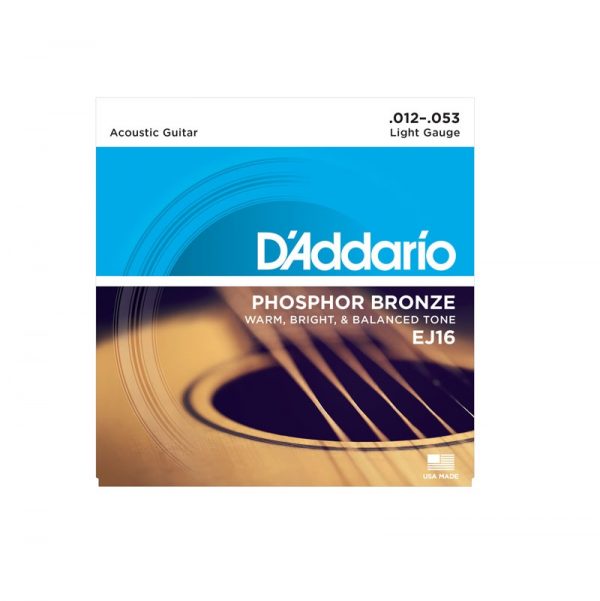The sound of your guitar begins with the strings. When you strum or pluck, the vibration of the strings generates the sound that resonates through the guitar body. The material and thickness of the strings significantly influence the tone produced. Some strings deliver a bright, sharp sound, while others offer a warmer, smoother tone. Even with a high-quality guitar, the wrong string choice can limit its sound potential. Selecting the right strings can completely transform your guitar’s performance and playability. Additionally, the way strings interact with your fingers impacts the ease and comfort of playing. Acoustic guitar strings are crucial in shaping both the sound and feel of your instrument. In this article, you will explore how different types of strings affect your overall playing experience, helping you make informed choices for your guitar.
Material Matters
Strings are crafted from various metals, including bronze, phosphor bronze, silk, and steel, each producing unique tonal qualities. Bronze delivers a bright, clear sound, while phosphor bronze offers a richer, fuller tone. Silk and steel are softer, providing a gentler feel, ideal for beginners or players seeking a smoother experience. These materials not only influence the sound but also affect the overall playability, shaping the comfort and ease of your playing.
Thickness Can Change Everything
String thickness, known as “gauge,” plays a significant role in both tone and playability. Light-gauge strings are easier to press and bend, making them ideal for beginners and softer playing. Heavier-gauge strings produce a louder, deeper sound but require more finger strength. Thinner strings offer better control but may break more easily. Balancing tone with comfort is crucial when selecting acoustic guitar strings. The right gauge enhances your playing experience, reducing discomfort and making the instrument more enjoyable to play.
Coated vs. Uncoated Strings
Coated strings have a thin layer to protect against sweat and dirt. They last longer but can cost more. Some players feel that the coating slightly reduces the brightness of the sound. Uncoated strings are cheaper and can sound clearer, but they wear out faster. The coating can also affect how smooth the strings feel under your fingers, helping with ease of movement, especially for players with sweaty hands.
How They Feel When You Play
Playability refers to the comfort of the strings and their impact on your playing experience. Softer strings are gentler on the fingers, allowing for smoother, easier playing, while stiffer strings may cause discomfort during extended sessions. If you experience finger pain or fatigue, the string type might be the issue. Premium strings allow effortless gliding and responsive playability. This comfort enhances skill development for beginners and allows professionals to play more expressively and efficiently. Additional factors, such as finishes or customizations like angelus leather paint, can also affect the overall feel.
Summing Up:
The quality of your guitar’s sound is largely influenced by the strings you choose. Every decision, from tone to playability, plays a crucial role. Strings are not merely functional components; they significantly affect how your music resonates, providing the foundation for both the auditory and tactile experience of playing your instrument. With a passion for tone and craftsmanship, firms like SOLO Music Gear help musicians find the perfect setup, offering expert advice and premium tools to elevate your playing journey. Whether you’re changing your acoustic guitar strings or exploring creative touches like angelus leather paint, they’ve got you covered.
This article was originally posted on ideaexpress.us. Read the original article here.
